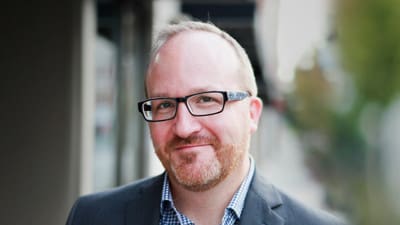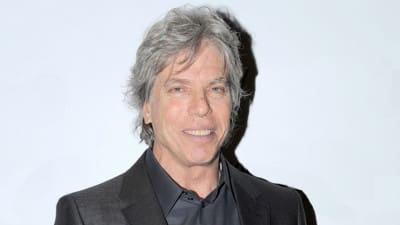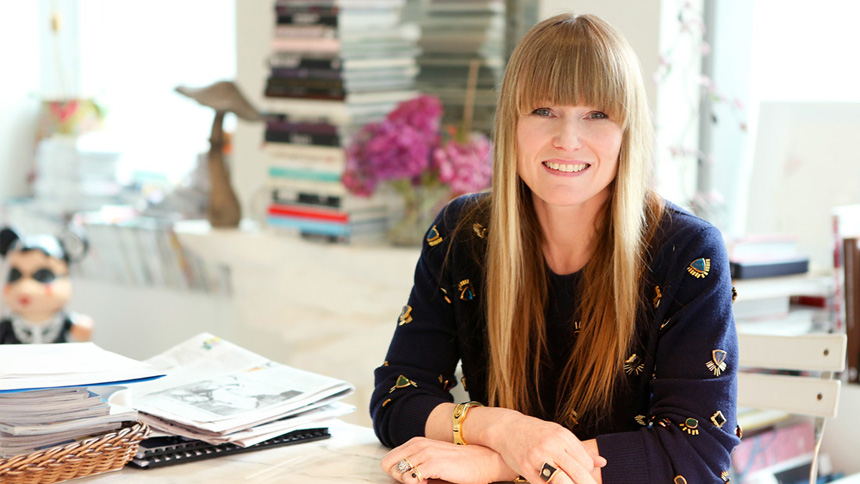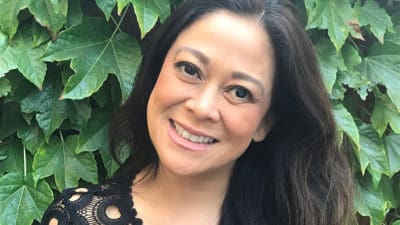For folks living under the bright lights of New York, envisioning a media career is easy—it seems there are book publishers, digital media brands, global PR firms and magazine headquarters on nearly every corner. But for those outside the Big Apple, launching a media career may be more challenging, and it will certainly require some imagination and flexibility.
That doesn’t mean it can’t be done, though. After graduating with a journalism degree from the University of Nebraska-Lincoln and landing an internship at the Boston Globe, Doug Kouma, the Editorial Director of Meredith Core Media, discovered he was homesick for Des Moines, Iowa. Kouma headed back to the Midwest, where he completed another internship and ultimately ascended to his current position atop the publishing behemoth’s special publication division.
Also on Mediabistro
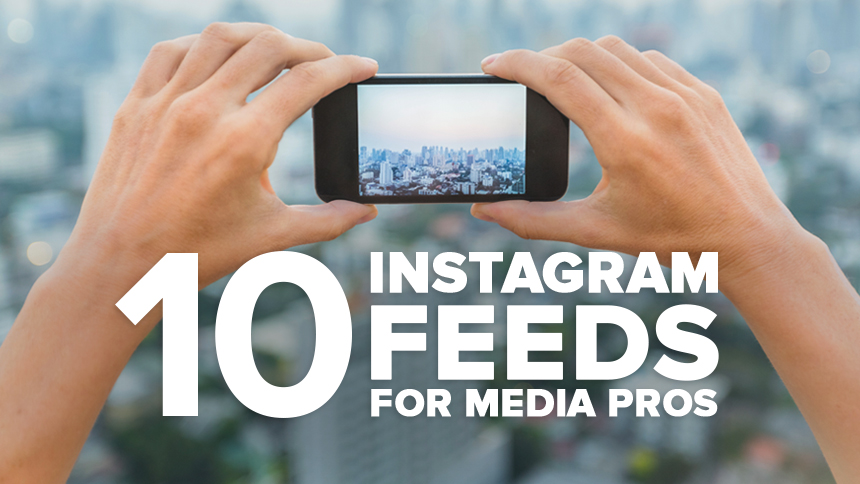
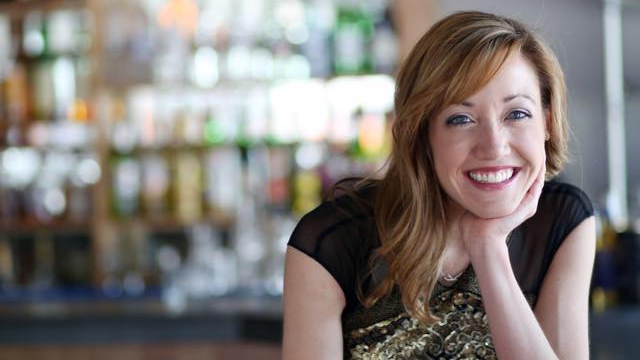
Here, Kouma shares tips to help other land-locked media pros score the gig of their dreams.
When did you fall in love with journalism?
All the way back in high school, I got involved in my high school newspaper and yearbook, and that continued on into college. I was pretty sure I wanted to get involved in newspapers, but I wasn’t sure in what capacity. Then I discovered copyediting and fell in love with that, so I was the editor of my college newspaper. I graduated with a pretty clear focus in news journalism, specifically news copyediting.
And that is where I ended up, at the Des Moines Register for the first couple years of my career.
So how did you end up at Meredith?
It truly was the copyediting route, and it was also a location-based thing. [After college], I interned at the Boston Globe as part of the Dow Jones News Fund internship program. I was a young kid living in a place where I didn’t know anybody and didn’t have my family, and working nights, weekends and holidays was really hard. That’s actually what drove me to consider something else.
My second internship was on the news desk at the Des Moines Register, and I actually really loved that job. I loved the pace of it, I loved the variety of it, and I loved the creative expression through page design, which I did about half-time. Meredith headquarters is just down the street from the old Register building, and, eventually, a copyediting job opened up here in our Special Interest Group. I put in for it and was hired.
What advice do you have for readers who are not in New York but still looking to break into publishing or media?
Become an expert in what interests you, and at the same time, diversify your skill set. In a market like Des Moines, there’s not the opportunity you would have in New York to bounce across the street or head down the block for the next career opportunity and build your path that way. Sometimes the opportunities unfold before you, as opposed to being intentionally thought out. But really, it’s figuring out what you’re good at, and figuring out the value you bring to the organization.
What I’m doing today at Meredith is not necessarily what I set out to do. I didn’t know that I’d move into this editorial director role and really work from both sides of my brain—the business side of things and the creative side of things. But I found that I had a knack for the numbers; I had a knack for the budgeting; I had a knack for the business side. And a role like editorial director—in which I’m overseeing our publishing strategy, what our portfolio looks like, the key content areas we want to play in—it is a left-brain and right-brain job, and I found that that worked for me.
What is the day-to-day function of your role?
Meredith Core Media is Meredith’s special interest publishing unit. We work primarily in print, specifically newsstand print publications. We’re roughly divided into five key content areas: health and wellness, gardening, home and holidays, crafts, and partner publications. (Partner publications are how we utilize our scale and infrastructure to work with outside partner brands that want to move into the print media space.)
In my job, I oversee creative teams—teams of editors and directors within each of those core content areas, who are the ones actually putting together the magazines that may run as anything from a one-off to a bi-monthly magazine.
What is the most exciting part about your job?
I think it’s just getting to experience the creative process. We are very clear on starting with our consumers and understanding what drives them, what they’re looking for, and how we can be of service to them. And by starting there, and then brainstorming new and innovative ways to bring information to them or to tell a story in a different way, that’s just fascinating to me.
I can’t take credit for most of that, though. Most of that comes from the very creative people I work with. Sometimes I find myself just sitting back in awe of the creative process that happens around here. It’s really pretty fantastic to see, day-in and day-out.
How do you stay on top of consumer trends?
That’s a good question. I sometimes question my own expertise, and what I’ve come to realize is that it’s not my job to be a trend expert in any one of our categories—that’s up to the creative teams I work with. It’s my job to have a well-rounded understanding of all parts of the business, both consumer-facing and how we fit into the overall Meredith corporate strategy.
As far as my creative teams and how they stay on top of things, they have to get out of the office. We have pretty robust research projects every year, where we go out and talk to consumers; we go to industry trade shows and conferences; and we look at what the competitive landscape looks like and what other publications are doing. But with a lot of what we do, we don’t strive to reflect the trends—we strive to filter trends to a mass-market consumer in a really user-friendly way.
What advice do you have for finding a mentor?
I would say look beyond your industry. Ultimately, this comes down to business. We spend a lot of time talking about consumers and delivering high-quality content, but, ultimately, we’re doing all of these things because we work for a company that wants to make money. When you have a network that includes people in insurance or financial services, or in the medical industry, you find that the challenges inherent in running a successful business tend to be the same across categories. And it’s good to have people outside your world who are not emotionally invested in the projects that you work on, to help talk through challenges and opportunities, and help you see things purely from a business standpoint.
What is the most important lesson you’ve learned in your career?
Start with the consumer, and listen to the consumer. There are probably very few people in the media landscape who can dictate to consumers what they want to hear, or what they want to see. So start by listening to the consumer, really understanding what the consumer needs and delivering on that. If you don’t get that right, nothing else matters.
